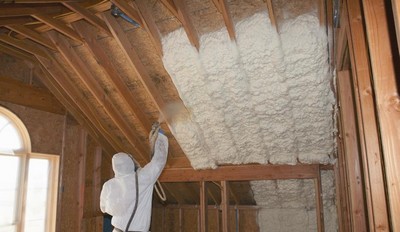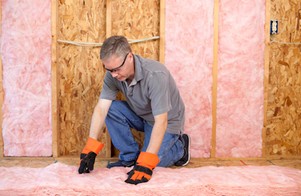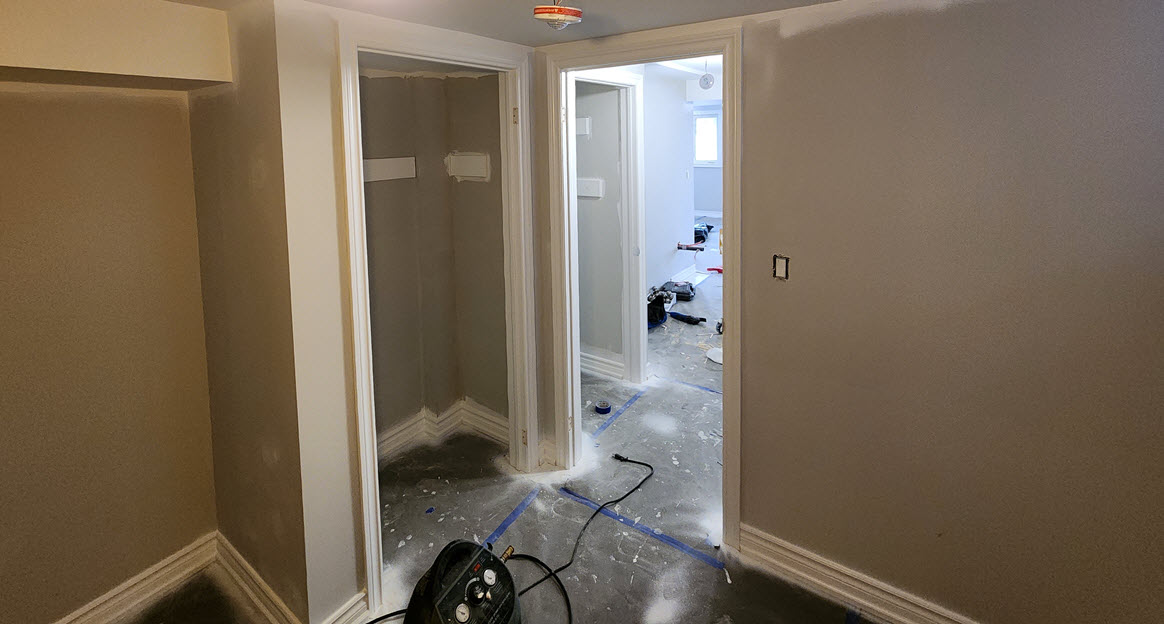Once you are done with the basement wall, all you need to know is how to insulate basement walls? Why basement insulation is done? It is done to make your basement comfortable and cozy. Insulation keeps your basement cool during summer and hot during winters. To insulate the wall cavities R20 fiberglass insulation is the most accepted one.
Insulations are of various kinds
- Interior wall insulation: This is done to create a cold room if you are planning for food storage in your basement.
- Soundproof insulation: This is done to reduce noise. It stops noise from bleeding into other floors. Most of the time Home Theater and laundry requires sound proofing.
- Blankets Insulation: It is considered as the most affordable insulation. Use it on standard joists, rafters or in between studs. The spacing between the studs for blanket insulation should be 16-24 inches.
- Rigid Board: This insulation requires a covering of ½ inch gypsum board. This provides fire resistance to the basement walls.
- Loose Fill: It is the easiest to install but expensive as well. In this type of insulation fibers are filled in the cracks which reduces leakage to a greater extend. It is moisture and fire resistant.
- Spray Foam: Foam is sprayed through the nozzle to the walls, ceilings and other areas of basement to provide insulation.

- Among the several insulations, which one is best for you depends upon your budget and geographical location of your house.
Why Basement insulation is important?
- It keeps your basement dry and comfortable.
- It prevents leaking.
- It keeps the inside of the basement at constant temperature.
- It reduces your energy bills.
Advantages of exterior basement wall insulation
- It reduces heat loss through the foundation of the basement.
- It protects your basement walls from moisture insulation.
- It has enough potential to reduce condensation.
- It protects the damp-proof coating.
- It protects the basement foundation from freeze thawing in extreme conditions which finally damage it.
Few Considerations for Basement Insulation
- If your house is newly build then wait for few days for insulation and finishing work.
- The insulation material should be moisture repellent.
- Basement Height: Measure your basement height.
- To insulate your basement flooring the first step is to build the plywood.
- Some contractors are not familiar with the right kind of basement wall insulation. So hire a contractor with license.
How to insulate basement walls?
Procedure to insulate basement wall involves following major steps.
- Your basement surrounding must be devoid of soil. So, excavate all the soil around your basement.
- Make your basement wall surface insulation ready. It must be moisture free. Fill all the cavities beforehand.
- Install rigid foam board insulation to initialize insulation of basement wall.
- Replace all the removed soil after siding over the insulation.

It is tricky and requires specific skills to insulate basement walls. So, it is quite difficult and risky to insulate basement walls. You must hire a licensed contractor or seek the advice of an expert. You can do some handy tasks provided you are good at handy or mechanical work. These handy works include: measurements of basement wall, height, width, etc. If you have the knowledge then you can prepare the list of the materials which you will need to insulate the basement wall. With the help of do-it-yourself site you can also make some drawings to get an idea of insulating basement walls.
If you can do the above handy tasks then also take help of advisors or experts. Insulation is a task which has to be done at one time only. You can not access it again and again. So, it is better to do it perfectly at first time instead of losing your money and time on fixing the errors.
Check out plumbers

